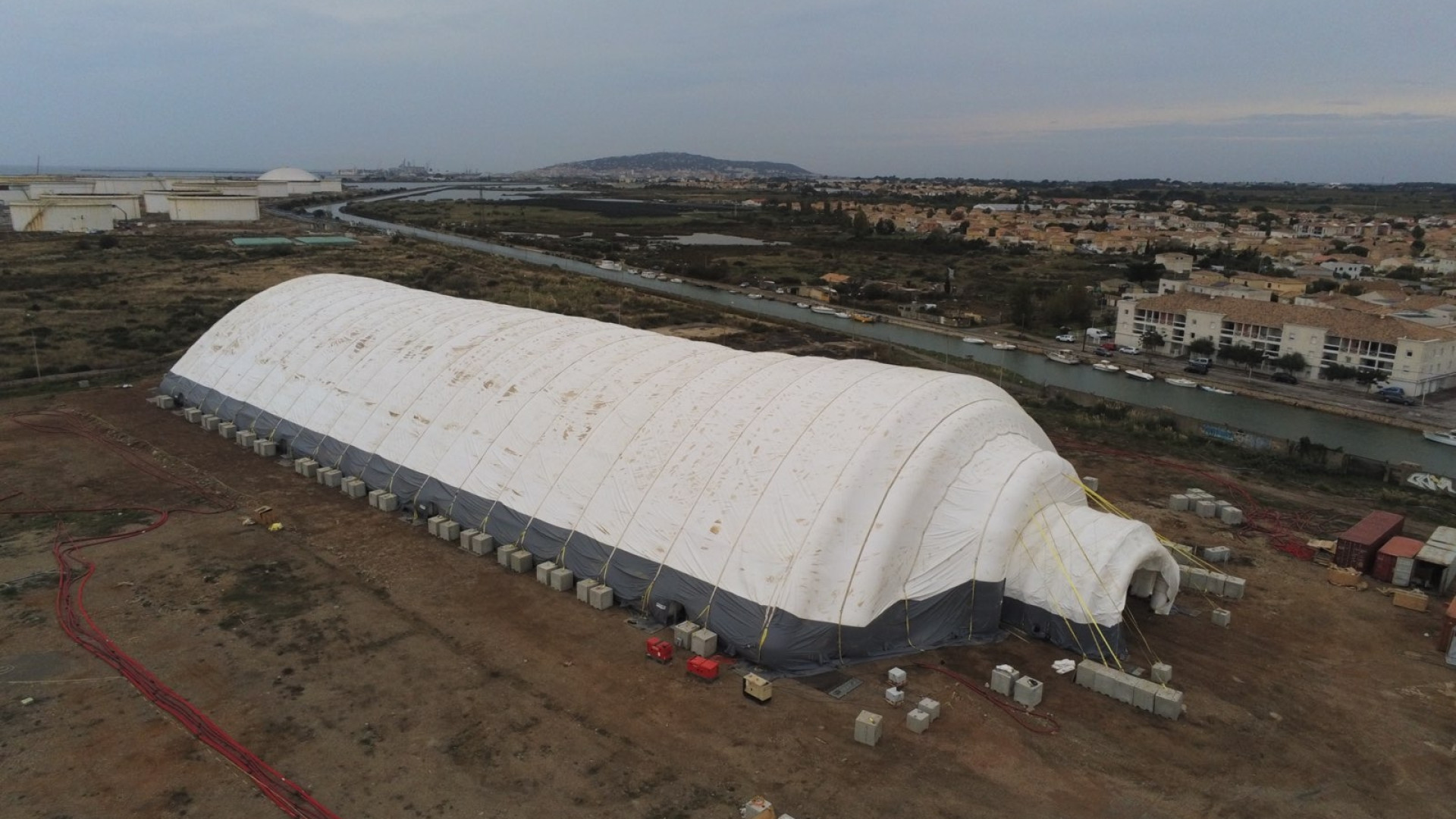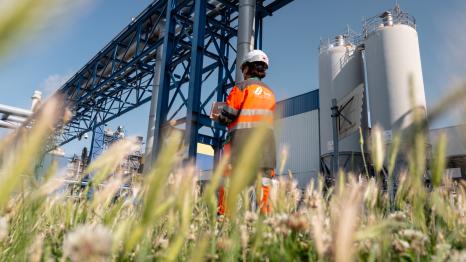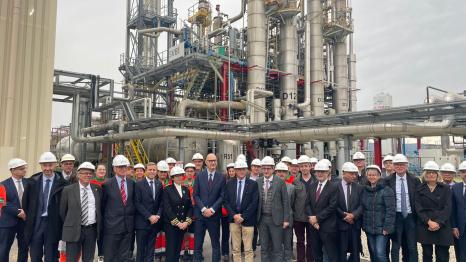The oversize project to renovate the old Frontignan refinery!

Help build a city of the future by revamping the old 11-hectare refinery site in Frontignan... such is the objective behind the environmental rehabilitation operation currently being supervised by Antea Group. The site lies near the coast and just a stone's throw from downtown Frontignan. The scale of the work facing the Séché Eco Services teams over the next three years represents nothing less than a technical challenge.
The site is within walking distance of the city center and the Canal du Rhône à Sète canal, and has been a thriving hub for oil refining activities for decades. During the summer, plans to rehabilitate the land were given the green light. Work at this oversize site will be led over a period of more than three years by Séché Eco Services, a Séché Environnement subsidiary with a reputation for expertise in rehabilitating industrial sites. Antea Group, an environmental engineering firm, has produced the blueprints for the project and will be supervising work as the project manager.
A containment tent as large as a soccer pitch
The soil at the site features residual hydrocarbons as a reminder of its industrial past and even a bombing attack during the Second World War, which can cause offensive odors as soon as workers start operating earth-moving equipment. In an effort to minimize any inconvenience for the local inhabitants while ensuring that the land will be suitable and safe for future use, the teams at Antea Group and Séché Eco Services were confronted with the daunting technical challenge of finding a solution to contain the odors and restrict any adverse effects for the surrounding communities.
After a seven-month test phase, the teams came up with the technical solution, namely a mobile inflatable tent measuring 50 x 120 meters, so that all earthworks can be carried out in a contained environment. The air inside the tent will be continually aspirated and treated to prevent any odors from escaping. During the project, the tent will be moved 17 times without having to be dismantled, meaning that work can be performed under contained conditions over most of the site.
Since August, the teams have assembled the different components forming the structure of this immense 60-ton tent, which was inflated late October.
A second storage tent spanning 40 x 100 meters has also been set up, where the excavated soil and materials will be screened and loaded into semi-trailers for transportation to the appropriate treatment centers.
The limestone blocks and concrete sorted directly in the excavations or screened beneath the storage tent will be fed through a crusher so that they can be quickly reused on site.
There are plans to excavate 165,000 m3 of soil, and over 80,000 m3 will be removed from the site. The reusable excavated soil, the screenings meeting specified criteria and the crushed concrete will be used to backfill part of the excavations in addition to the clean materials sourced from quarries.
Major technical constraints
The teams have also had to contend with a number of other technical challenges. Since the groundwater level lies at a depth of two meters beneath the surface, the teams need to set up a pumping system in the excavations and forward the pumped water to a treatment unit that has also been specially designed for the project.
Since the site was bombed during the Second World War, the teams also scoured the area for any explosive objects to guarantee safety for all workers. Séché Eco Services and Antea Group drew on their expertise to define and scale the appropriate solutions, especially in liaison with experts in managing pyrotechnic risks.
Prevent and restrict nuisance during work
Since the site is hemmed in by a number of property complexes, the project has been designed and organized to factor in the major human presence near the site. Several initiatives have been spearheaded to prevent and reduce the nuisance caused by this type of worksite. For example, an odor monitoring scheme has been set up, so that local residents can take part in the continual improvement strategy, which will be led by the teams throughout the project. Some types of work will only be carried out when the weather conditions are suitable.
"As Mayor of Frontignan la Peyrade, it's a great pleasure to be involved in the start of this large-scale project. Rehabilitating an 11-hectare site near the city center is a real opportunity to develop and revitalize the city. This project builds on the dynamic strategy that we've been pursuing for several years now. That strategy features a series of major projects and actions to improve living conditions for the local inhabitants," explained Michel Arrouy, Mayor of Frontignan la Peyrade and Community Advisor.
Once work has been completed, a multi-activity site will be created, along with a multimodal trade hub (currently under examination), a parking lot for the future movie theater and an activity area for companies embracing the ecological transition.
The project in figures
• 11 hectares
• 165,000 m3 of soil to be excavated, and the removal of over 80,000 m3
• 50 m x 120 m: dimensions of the containment tent
• 60 tons: weight of the tent
• 70 contributors during project initiation and 40 during the operations phase



